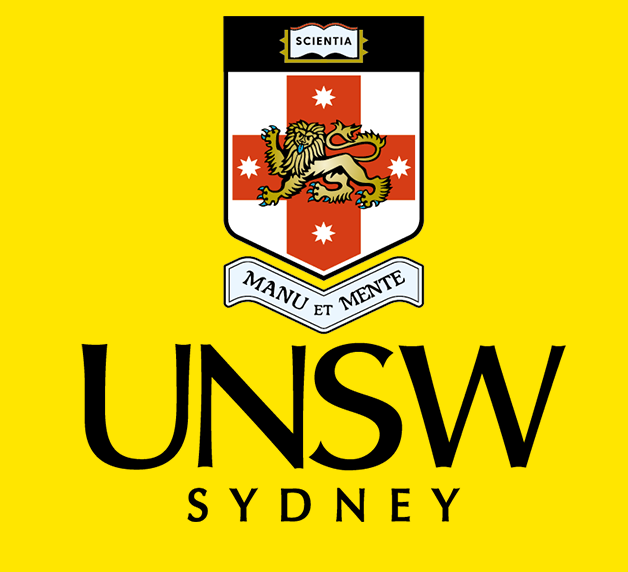This postgraduate degree offers a wide range of theoretical and applications-based electives and is ideal for electrical engineers wishing to upgrade their skills in the ever-developing energy engineering sector.
The recent introduction and growth of intelligent power supply systems such as smart grids means that energy systems engineering is experiencing unprecedented growth.
This degree will help you develop skills to meet growing need for engineers who can interface renewable energy generation sources with the conventional electricity grid. You'll also understand the importance of electric motors in everything from smartphones to hybrid cars and satellites.
This postgraduate degree features complex, open-ended enquiry-based projects and plenty of opportunities to help you become a leader in the field.
You'll develop a systematic approach to problem-solving and learn to plan projects effectively, as well as gaining key skills in order to analyse, interpret and communicate results proficiently.
The Master of Engineering Science (Energy Systems) will provide you with a deep understanding of a variety of power systems applications including the future energy-efficient electricity grid, automotive and aerospace applications, and marine systems.
By studying at UNSW School of Electrical Engineering and Telecommunications you will gain access to world-class facilities, such as the world's largest university-based real-time digital simulation laboratory for simulating entire electricity grids.
We also host Australia's largest high voltage laboratory, with facilities for high voltage testing (AC, DC and Impulse voltages) and condition monitoring of electrical equipment, with partial discharge detection equipment, transformer ratio arm bridges, recovery voltage testing, thermal testing and variable frequency testing of insulation.
Our power electronics and drives laboratory has extensive power electronic inverter/converter systems for operation with a range of motor drives and other applications such as superconducting fault limiting devices.
We're home to the Australian Centre for Renewable Energy laboratory which provides power quality assessment equipment for monitoring the characteristics of power electronic inverters supplied by renewable sources such as photovoltaic systems.
Each year our researchers work with over 100 industry and government organisations on industry and community-related projects.
